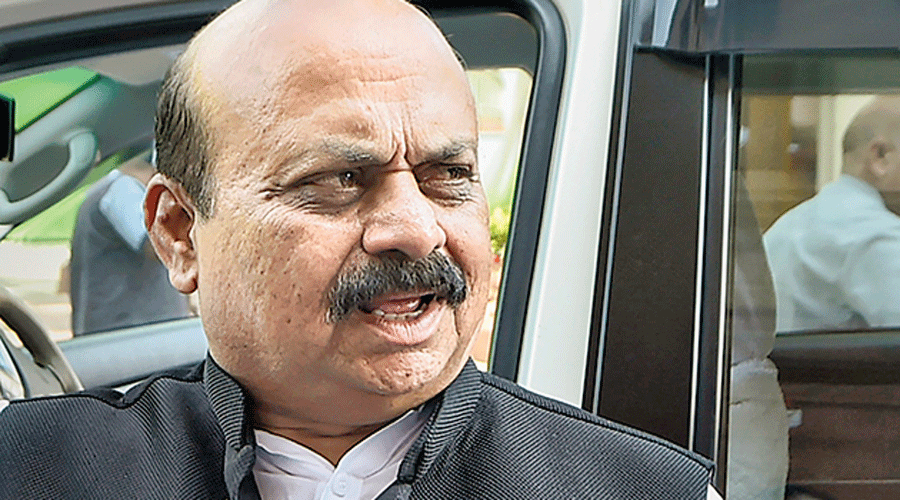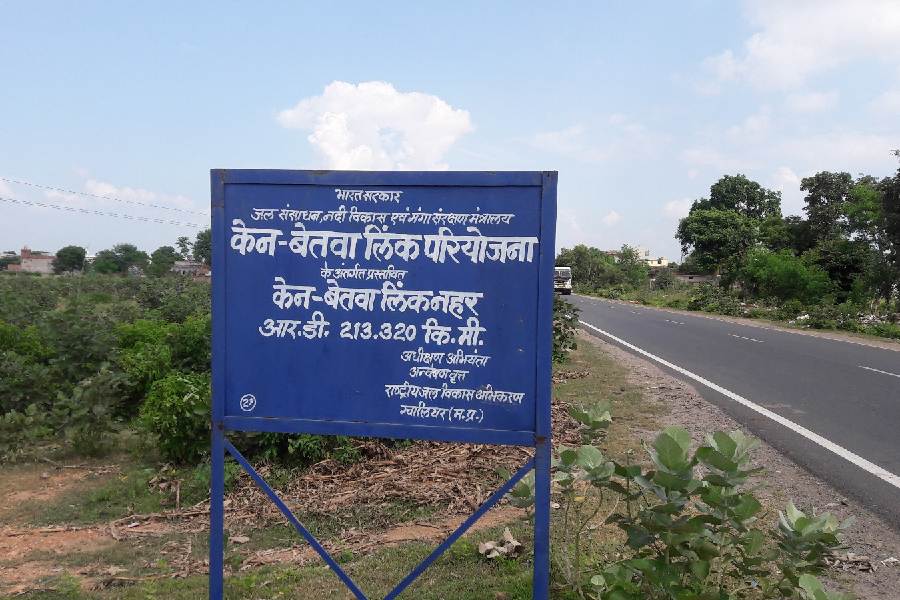It seems that what was meant to be a sweet deal has turned sour for the Bharatiya Janata Party in poll-bound Karnataka. The BJP, whose tallest leader had assured India that he would neither indulge in corruption nor allow others to do the same, has found itself in the muck after an alleged attempt by the chief minister’s media relations team to bribe journalists has come to light. Cash handouts accompanying sweets apparently reached select journalists, only one of whom had the courage to play the role of the whistleblower. The intention of this trick was far from noble: extracting favourable assessments from the media for the Basavaraj Bommai government that has been accused by the Opposition of lining its pockets unethically. Incidentally, Mr Bommai has denied any wrongdoing. But the latest controversy is likely to muddy the government’s image further before a crucial election.
This transgression is but the symptom of a deeper problem. In India, the link between probity and public life is not expected to be durable. A culture of holding elected representatives accountable for financial impropriety on the part of the people does not exist unlike, say, in Britain, where the new prime minister’s finances are under ceaseless scrutiny even without the whiff of a scandal — yet. Consequently, India’s ranking in Transparency International’s corruption index is poor. This is only to be expected in a country where legislators who defect in exchange of lucre are returned to office. Narendra Modi’s government, which came to power propelled by an anti-corruption movement, has been accused of compromising the accountability edifice: the Right to Information Act, critics allege, has been weakened through counterproductive amendments. Central investigative agencies have been weaponised: they are made to run after leaders of the Opposition on charges real or imagined while turning a blind eye to pecuniary mischief by BJP leaders and governments. Recently, a petitioner has urged the Supreme Court to nudge the Centre to establish anti-corruption wings in districts. Even if such a thing came to pass, it would not erase the contagion called corruption. The only protection against this endemic disease would be public mobilisation. India is currently observing ‘Vigilance Awareness Week’. The people of Karnataka would have the opportunity to demonstrate the demand for integrity and accountability of public officials — the goals of ‘Vigilance Awareness Week’ — when they exercise their electoral choice for the state assembly.











